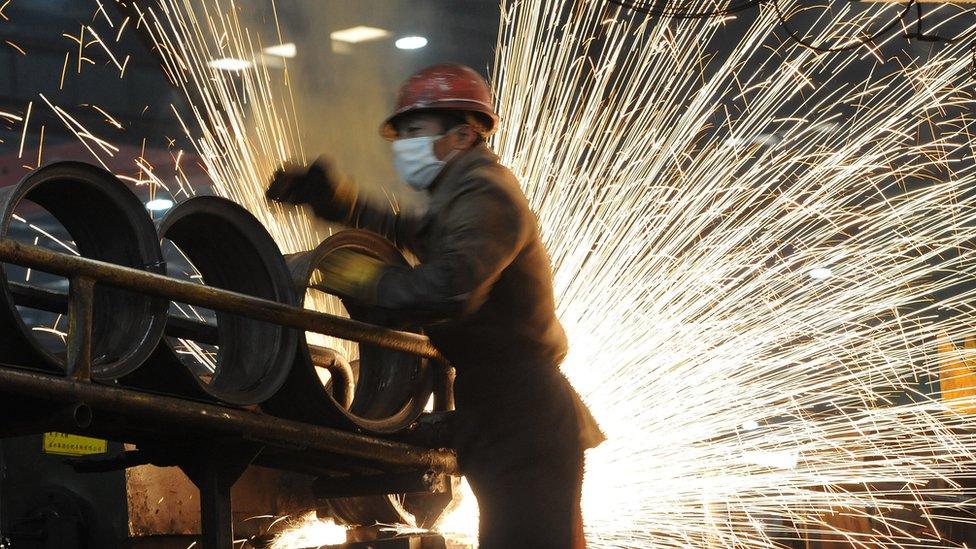China 'not heading for hard landing', says top economic planner
- Published
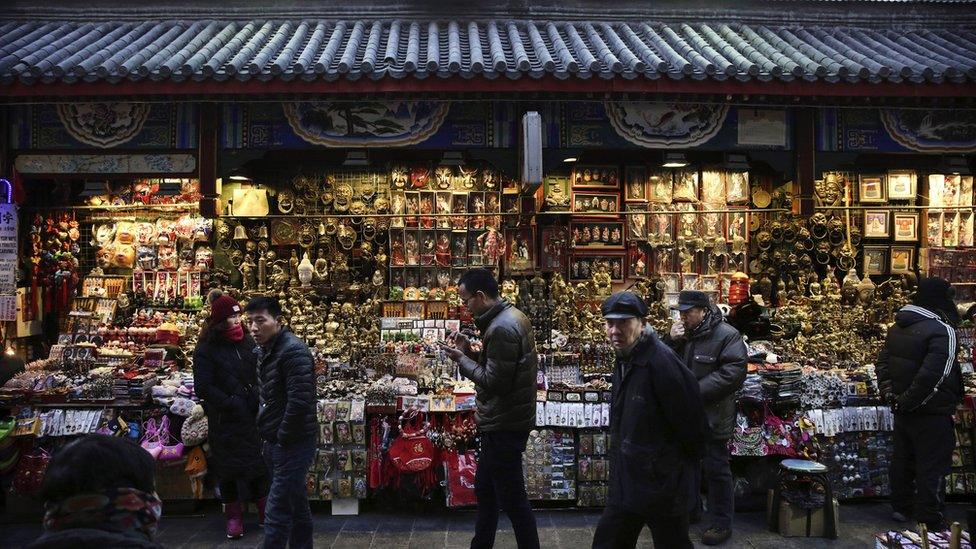
China's chief economic planner said the world's second biggest economy will "absolutely not experience a hard landing" despite growth forecast cuts.
Predictions of an abrupt economic slowdown are "destined to come to nothing", said Xu Shaoshi, head of China's state planning agency.
China's National People's Congress on Saturday lowered the economic growth target for 2016 to a range of 6.5%-7%.
Last year, China's goal was "about 7%", but the economy actually grew by 6.9%.
That was the lowest expansion in 25 years.
Chinese Premier Li Keqiang announced the lower growth range in his opening speech at the annual meeting in Beijing, warning of a "difficult battle" ahead.
'Unstable markets'
Mr Xu, who heads up the National Development and Reform Commission (NDRC), said that slowing growth in the broader world economy posed difficulties for China this year.
"First, we estimate the slow recovery and low growth rates in the world's economy will continue for a period of time," he told reporters on the sidelines of the People's Congress.
"Also we could not overlook the risks from unstable [global] financial markets, falling prices of commodities and risks of geopolitics."
The People's Congress, which meets once a year, sets out to determine both the economic and political agenda for the country.
It comes at a time when China is struggling with slowing economic growth and a shift away from overreliance on manufacturing and heavy industry.

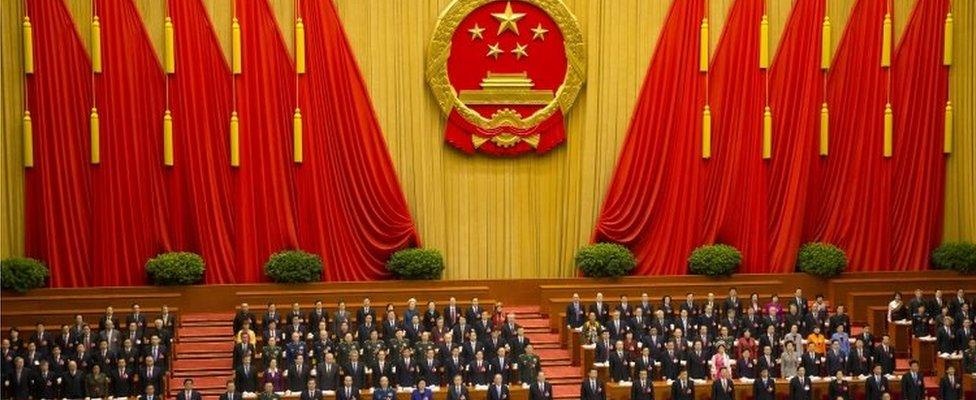
What is the National People's Congress?
Under China's 1982 constitution, the most powerful organ of state is meant to be the National People's Congress, China's parliament. Critics argue though that it is little more than a rubber stamp for party decisions.
The congress is made up of nearly 3,000 delegates elected by China's provinces, autonomous regions, municipalities and the armed forces. Delegates hold office for five years, and the full congress is convened for one session each year.
This sporadic and unwieldy nature means that real influence lies within a standing committee of about 150 members elected from congress delegates. It meets every couple of months.
In theory, the congress has the powers to change the constitution and make laws. But it is not seen as an independent body in the Western sense of a parliament.

- Published5 March 2016
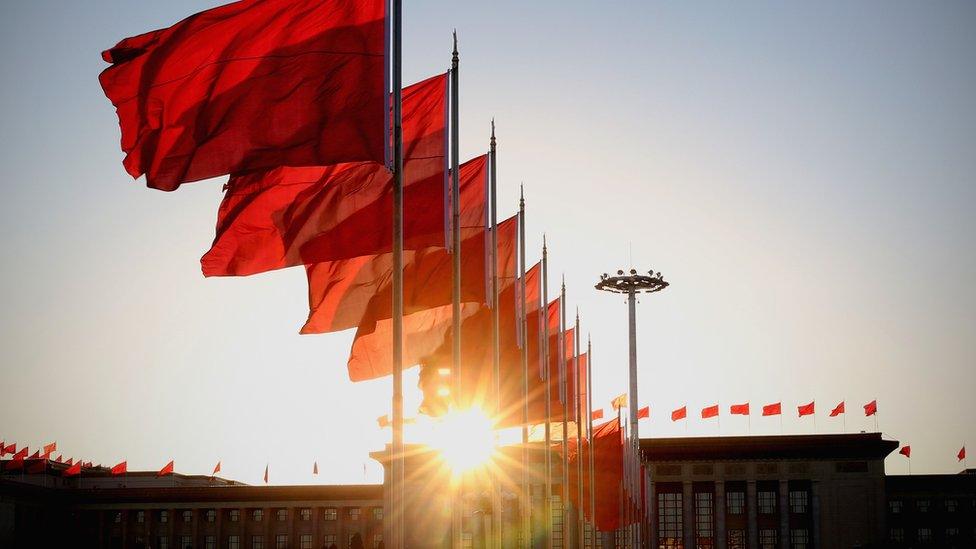
- Published4 March 2016
- Published3 March 2016
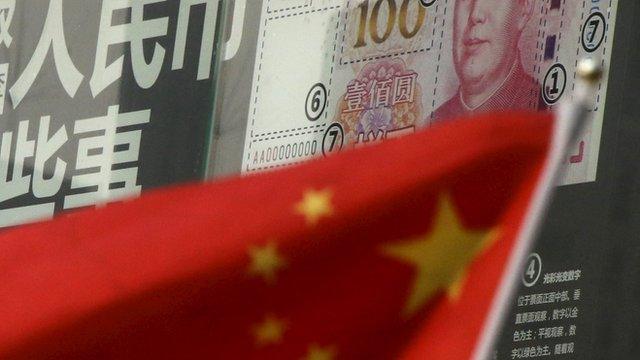
- Published3 March 2016
- Published2 March 2016
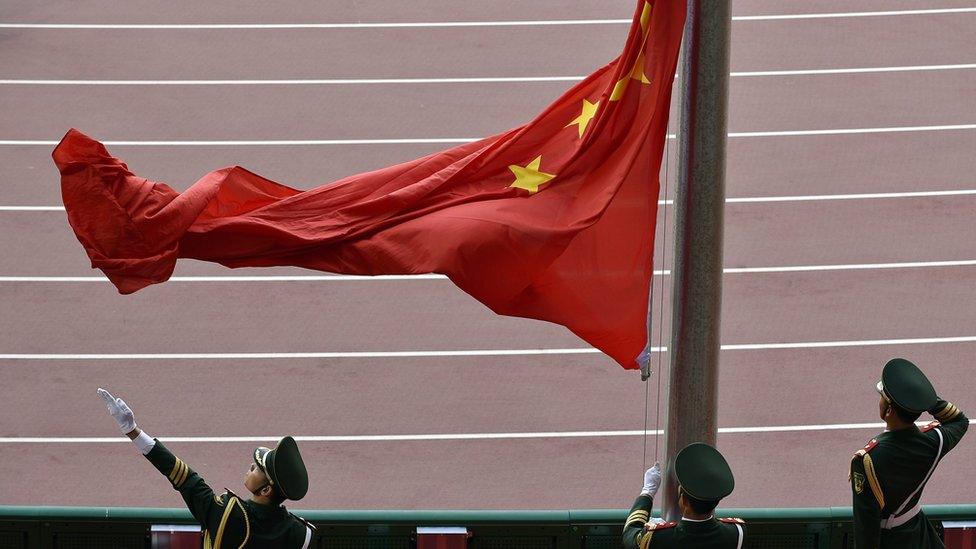
- Published1 March 2016
